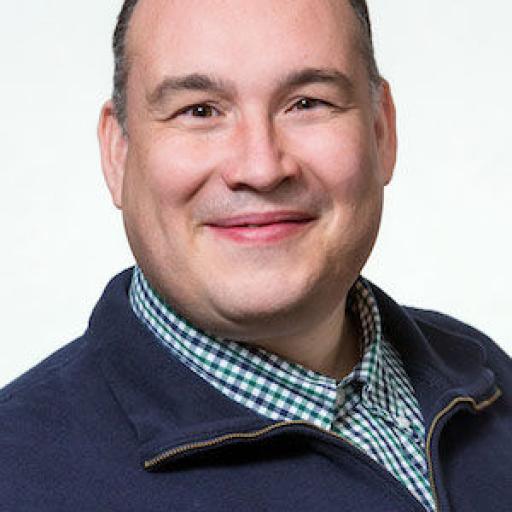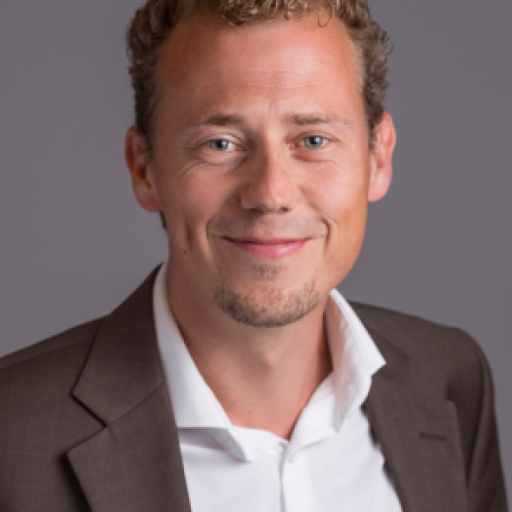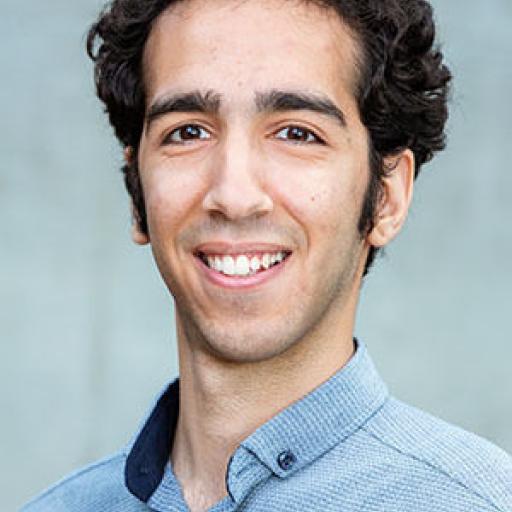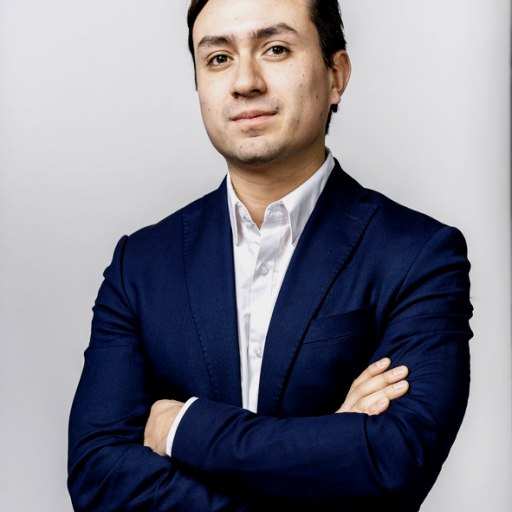How can collected data from different stakeholders before and during a disaster help to improve emergency relieve? Is it possible to use big, open and linked data to improve emergency relief? Dutch cities are complex and dense urban environments, making them particularly vulnerable to urban disasters, like fires. This level of vulnerability will increase in the coming years due the improvement of life expectancy, economical/climate change migration, more urbanisation and more high-rise buildings. This fact calls for new ways for preventing, detecting and responding to urban emergencies to minimize casualties and effectively coordinate relief actions in these future megapolis.
This research is based on the research line "by Citizens and Civil Servants". It seeks new forms of participation and governance. Digitization and datafication in cities emerge through multistakeholder processes of municipalities, corporate and small-medium enterprise, knowledge institutes and citizens. From the SHARED perspective it is important to understand these new governance practices, among other things with respect to the inclusion and exclusion of specific groups of citizens, and the competencies of civil servants.
Members of the interdisciplinary research team focus on access to and reuse of data that is critical for operations before, during and also after an emergency. Current solutions address these aspects separately, rely on official public data and privilege top-down communication between government and citizens. The project aim is to define tools and protocols that facilitate the sharing of data among citizens and governmental agencies, so that they can participate effectively and make informed decisions when a disaster happens. The tools and protocols will be based on insights stakeholder’s preferences towards data sharing for potential emergencies.





